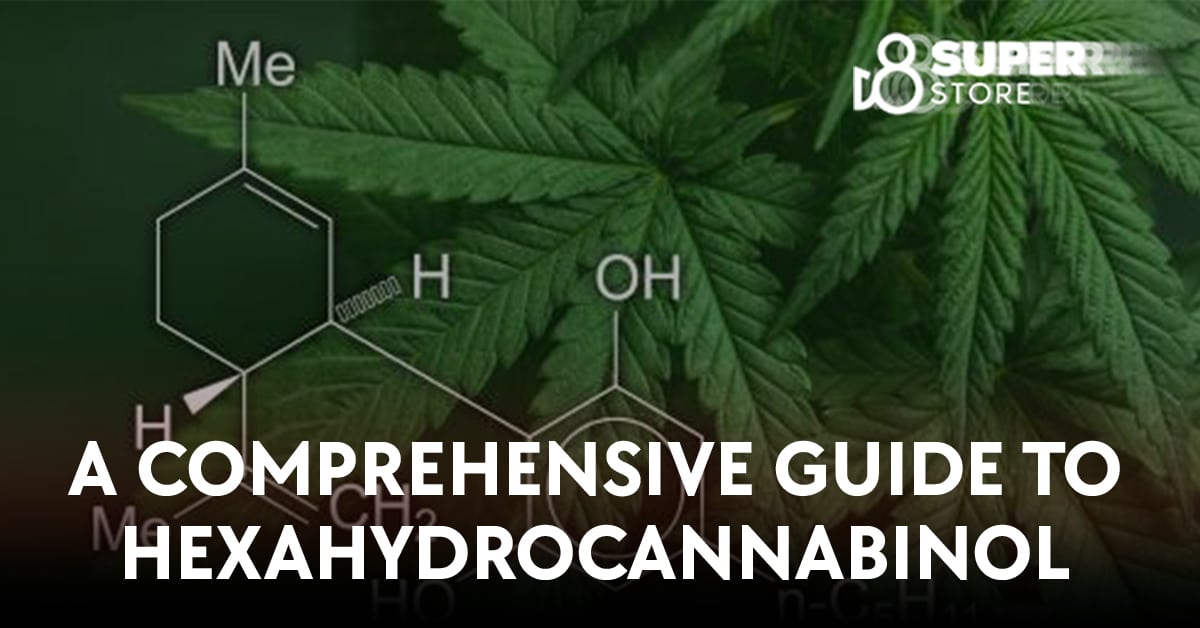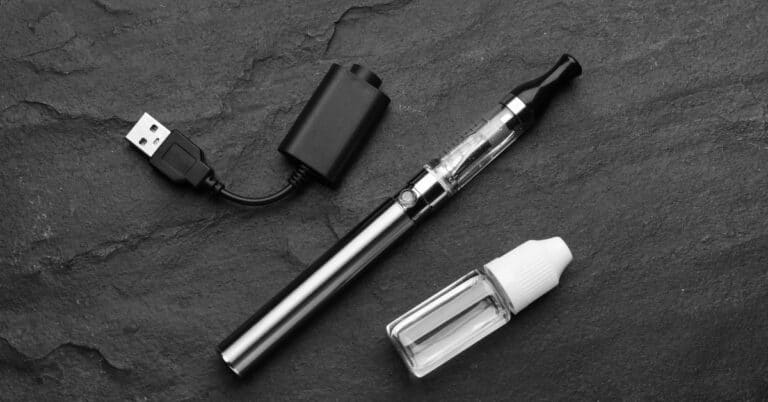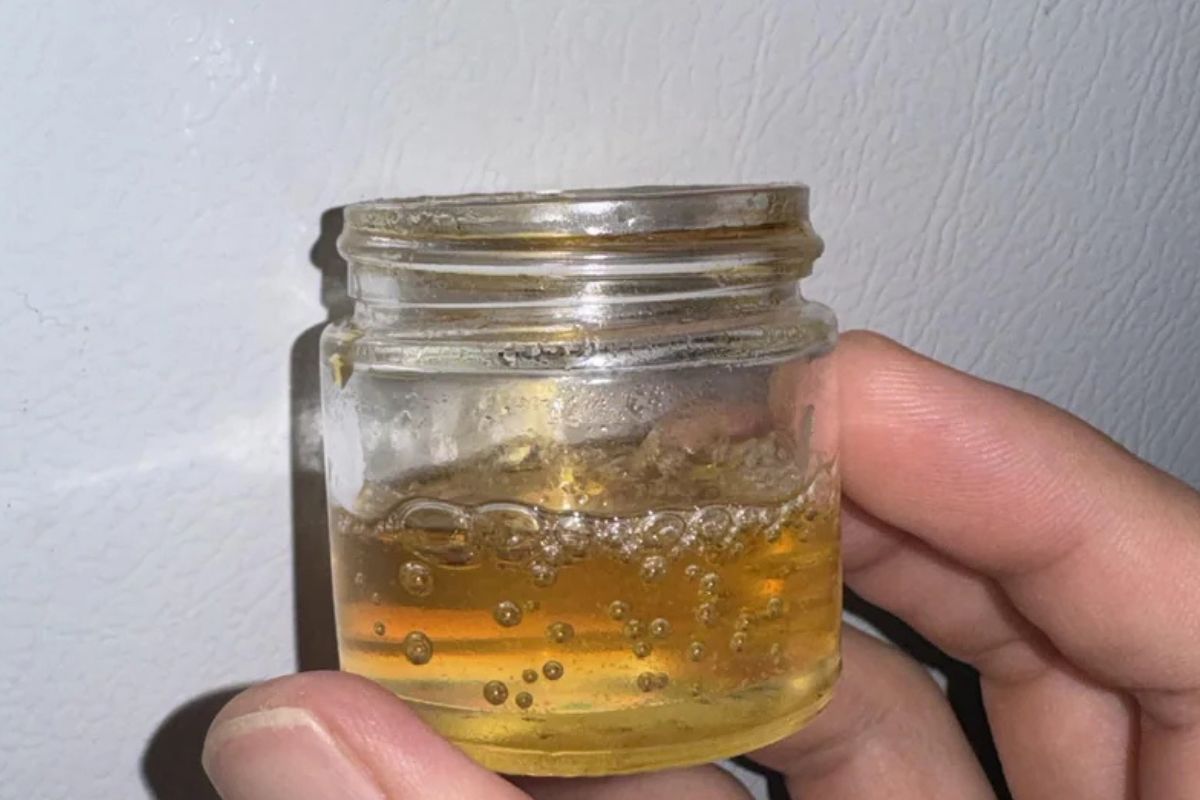What is HHC: A Comprehensive Guide to Hexahydrocannabinol
HHC, also known as hexahydrocannabinol, is the latest treasure found in the vast world of cannabis. The more scientists dig into the mysteries of this plant, the more incredible elements they uncover, promising cool effects and possible wonders for our health. For those who love everything about marijuana, HHC is rapidly turning into the showstopper.
Compared to the well-known cannabinoids like THC (tetrahydrocannabinol) and CBD (cannabidiol), HHC is less understood. However, initial research suggests that HHC could have a similar psychoactive effect to THC, but with a slightly altered molecular structure. This distinction in structure may lead to altered impacts on users and potential therapeutic benefits that differentiate HHC from other cannabinoids.
As the body of knowledge on cannabinoids like HHC grows, it will be vital for researchers, medical professionals, and consumers alike to stay informed about the developments and findings in this exciting area of study. As new compounds are discovered, there remains the potential to unlock previously untapped benefits that could significantly impact the cannabis industry and the world of medicine.
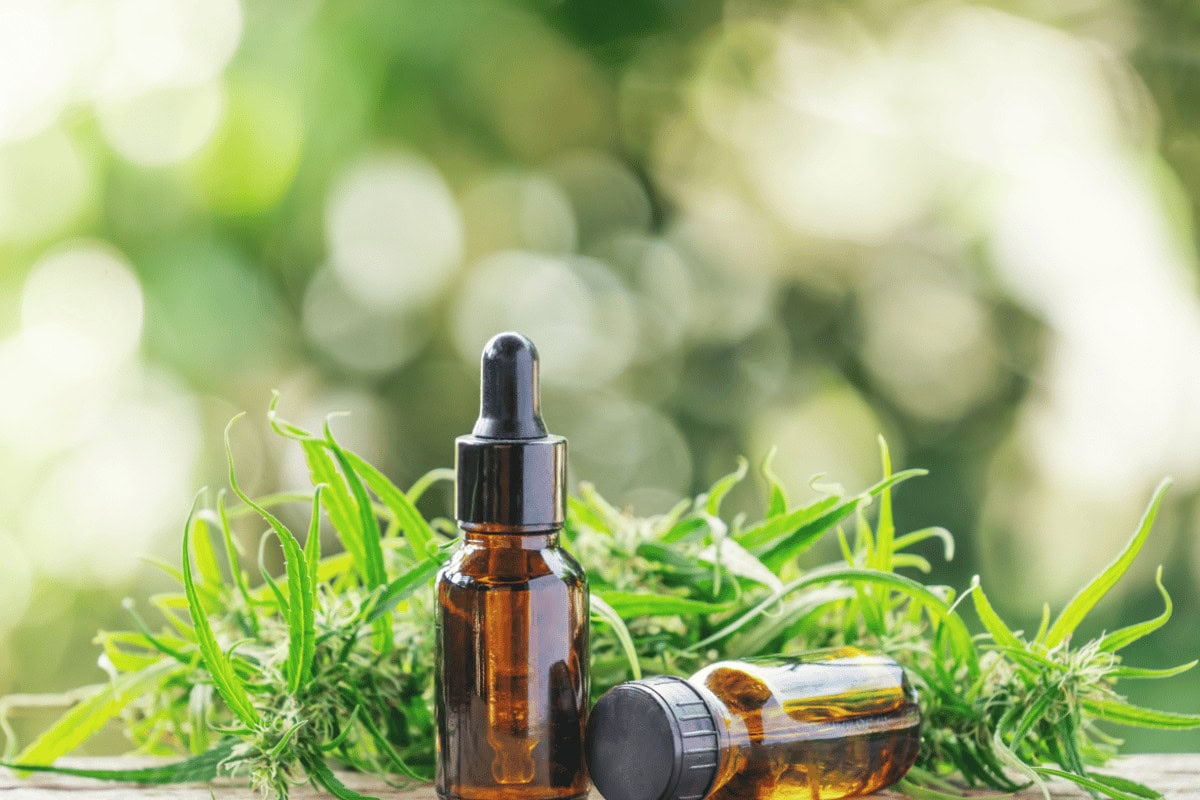
Understanding HHC
The new cannabinoid seems extremely promising but invites many questions such as what is HHC cannabinoid?
Along with all of the new hemp-derived cannabinoids in the market—delta-8 THC, THC-O, THCV, and many others—HHC seems to have the least amount of information surrounding it. A simple Google search doesn’t explain much about the compound’s effects, origins, and legality, but we’ve got you covered.
Because HHC is so new, it may be hard to understand exactly what it is, what it does, and how it differs from traditional cannabis. In fact, compared to the widespread delta-8 THC industry, HHC is only offered by a handful of retailers. The cannabinoid, however, seems promising, so don’t be surprised if you start seeing and hearing more about HHC cannabinoid in the near future.
With some state and federal agencies banning delta-8 THC, HHC seems to have found its space in the recreational hemp space since it’s not technically a THC compound to begin with. According to some, HHC won’t even show up on THC drug tests, but further research needs to be conducted for this to be confirmed.
While HHC weed seems to be the new kid on the block, it’s actually been around since 1944 when American chemist Roger Adams hydrogenated delta-9 THC. By adding hydrogen molecules to THC, hexahydrocannabinol, or HHC, is formed.
Although Adams used THC to first synthesize HHC, most scientists and brands now are deriving HHC from hemp (cannabis plants with <0.3% delta-9 THC) because the 2018 Farm Bill made it legal to do so.

Comparison of HHC, THC, and CBD
Hexahydrocannabinol (HHC) is a relatively new cannabinoid that has entered the market and has gained attention due to its structural similarities to other well-known cannabinoids, such as delta-9-tetrahydrocannabinol (Δ9-THC), delta-8 THC, and cannabidiol (CBD). In this section, we will discuss the differences and similarities between HHC, THC, and CBD to better understand their properties and effects.
HHC is a group of semi-synthetic cannabinoids derived from CBD through various chemical transformations, such as converting CBD into a mixture of Δ8-THC and Δ9-THC, followed by the formation of HHC isomers like 9α-HHC and 9β-HHC. While HHC is not as well-studied as THC or CBD, initial evidence suggests it may possess some psychoactive effects due to its structural similarities with Δ9-THC.
THC, or tetrahydrocannabinol, is the primary psychoactive component found in cannabis. The most common form is Δ9-THC, which binds to cannabinoid receptors in the brain and induces the characteristic intoxicating effects associated with marijuana use. Another popular form, Δ8-THC, is less potent than its Δ9 counterpart and is considered to have milder psychoactive effects and less anxiety-inducing properties.
CBD, or cannabidiol, is another well-known cannabinoid found in cannabis that has a wide range of applications. Unlike THC, CBD does not produce intoxicating effects, and its interaction with the body’s endocannabinoid system is different. CBD has gained popularity due to its potential therapeutic benefits, such as anti-inflammatory, analgesic, and anxiolytic properties.
To summarize, HHC, THC, and CBD are cannabinoids, each with unique properties:
- HHC is a semi-synthetic cannabinoid derived from CBD with potential psychoactive effects.
- THC is a psychoactive cannabinoid responsible for the intoxicating effects of cannabis, with variations such as Δ9-THC and Δ8-THC.
- CBD is a non-psychoactive cannabinoid with potential therapeutic benefits.
As HHC is still relatively new to the market and not as well-studied as THC or CBD, more research is needed to further understand its properties, effects, and potential therapeutic applications.
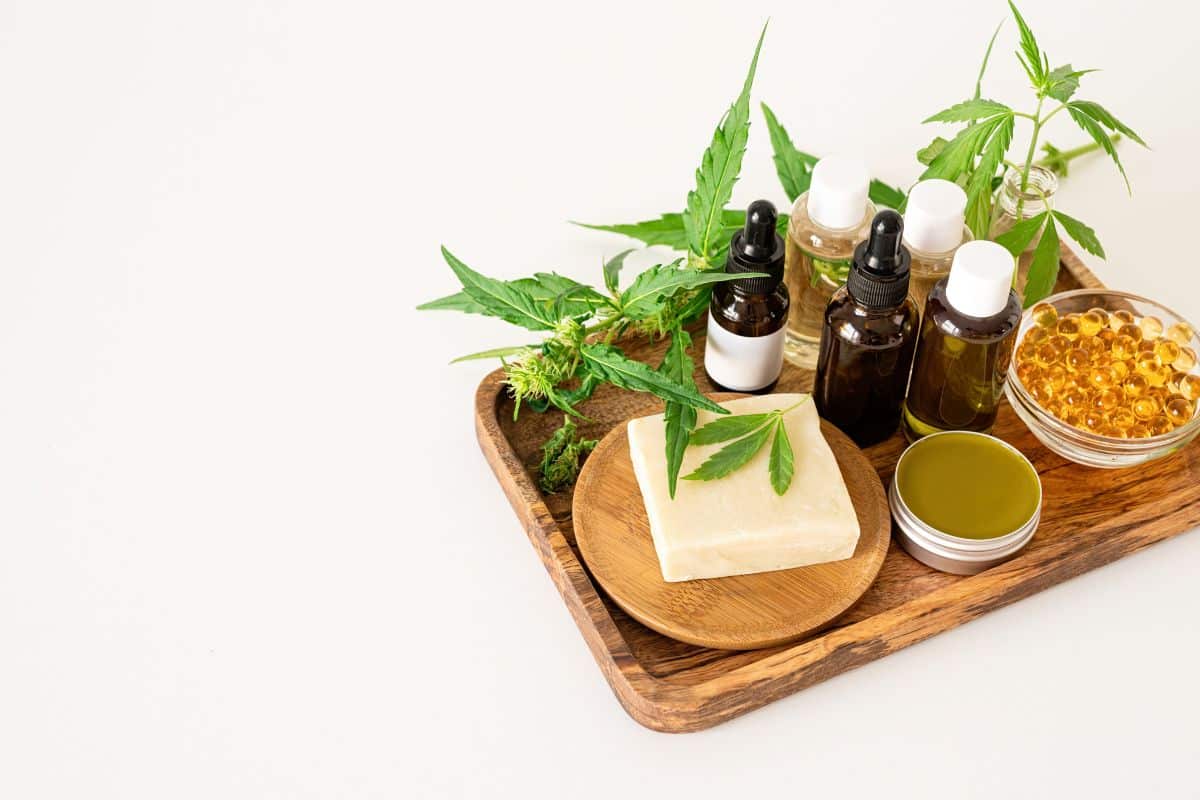
Source and Extraction
Hemp-Derived Cannabinoids (HHC) are a group of chemical compounds derived from the cannabis family of plants, which includes both the hemp plant and the marijuana plant. These compounds have gained popularity in recent years due to their potential health benefits and applications.
The primary source of HHC is the Cannabis Sativa plant, which can be subdivided into hemp and marijuana varieties. Although both varieties contain cannabinoids, the hemp plant is typically preferred for extraction purposes due to its low levels of THC, the psychoactive compound responsible for the “high” associated with marijuana use.
HHC extraction involves a series of processes aimed at isolating and concentrating the cannabinoids from the plant material. There are several common methods for extracting HHC, including:
- CO2 extraction: This method utilizes carbon dioxide under high pressure and low temperatures to separate the cannabinoids from the plant material. It is considered a safe and efficient technique that yields a high-quality HHC extract.
- Ethanol extraction: In this process, ethanol is used as a solvent to extract the cannabinoids. This method produces a full-spectrum HHC extract, which contains a variety of cannabinoids as well as other beneficial compounds, such as terpenes and flavonoids.
- Hydrocarbon extraction: This method uses hydrocarbon solvents like butane or propane to extract the cannabinoids from the plant material. While it may produce a high concentration of HHC, it also poses potential risks, including contamination, if not done correctly.
After the extraction processes, the raw HHC extract may undergo additional purification steps, such as winterization or distillation, to remove any unwanted impurities and to create more refined cannabinoid products.
In conclusion, the source and extraction of HHC play a crucial role in determining the quality, safety, and efficacy of hemp-derived cannabinoid products. With a better understanding of the extraction methods, consumers can make informed decisions when selecting and using HHC products for various applications and health benefits.

Benefits and Effects of HHC
HHC, also known as hexahydrocannabinol, is a cannabinoid compound gaining popularity for its psychoactive effects and potential therapeutic benefits. Users of HHC often report a range of effects and benefits that can improve their quality of life. However, it is essential to note that research on HHC is limited, and most information available is anecdotal.
One of the primary effects of HHC is providing a sense of relaxation, similar to that experienced with delta 8 THC. This relaxation can be beneficial for individuals dealing with stress, anxiety, and sleep disorders. HHC may help users unwind, reduce anxiety levels, and promote better sleep patterns.
Pain relief is another potential benefit of HHC. As with other cannabinoids, anecdotal evidence suggests that HHC can help alleviate various types of pain, including chronic pain, inflammation, and muscle soreness. However, more research is needed to confirm the efficacy of HHC as a pain relief agent.
HHC may also have positive effects on appetite regulation. Cannabinoids are well-known for stimulating appetite, and while HHC might not be as potent in this aspect as delta-9 THC, it could still offer benefits to those who struggle with appetite issues. This makes it a potentially attractive option for individuals dealing with conditions that cause appetite suppression, such as chemotherapy or certain illnesses.
In addition to its therapeutic effects, HHC is thought to provide users with a mild “high” that is less intense than what is typically experienced with delta-9 THC. This lower potency could be appealing for users who want to experience the psychoactive effects of cannabis without the overwhelming intensity associated with traditional THC products.
The potential health benefits of HHC are still being explored, as research in this area is relatively new. While anecdotal evidence points to a range of benefits and effects, further studies are necessary to validate these claims and to understand the compound fully. However, the existing user experiences suggest that HHC could be a promising therapeutic option for various conditions and symptoms, including anxiety, sleep disorders, pain, and more.

Legal Status of HHC
The legal status of HHC, also known as hydroxyhexahydrocannabinol, has been a topic of interest due to its close resemblance to THC, the psychoactive compound found in cannabis. Following the 2018 Farm Bill, hemp-derived cannabinoids such as CBD became federally legal, as long as they contain no more than 0.3% THC. This has raised questions about the legality of other hemp-derived cannabinoids, like HHC.
While the 2018 Farm Bill specifically removes hemp from the Controlled Substances Act, it does not provide explicit guidance on the legal status of individual hemp-derived compounds, such as HHC. As a result, the legality of HHC remains a gray area.
Congress and the DEA have taken different positions on the issue. Some argue that since HHC is derived from hemp, it should be considered legal, while others claim that synthetic manipulation of cannabinoids, such as HHC, might fall under the Controlled Substances Act or the Federal Analogue Act.
The Agriculture Improvement Act has further complicated matters, as it requires the FDA to regulate hemp-derived products, including dietary supplements, food, and cosmetics containing cannabinoids. So far, the FDA has taken a cautious approach, stating that CBD and other hemp-derived cannabinoids should not be added to food or marketed as dietary supplements without FDA approval.
As a result, the regulations surrounding HHC remain unclear and evolving. It is essential for businesses and consumers interested in HHC to stay informed about the current legal landscape and any forthcoming changes to legislation or enforcement actions.
Potential Side Effects and Risks
HHC, or hexahydrocannabinol, is a relatively new cannabinoid that may cause a variety of side effects in some individuals. Although research on HHC is limited, it is essential to be aware of the potential side effects and risks associated with its use.
One of the most common side effects of HHC usage is dizziness. This effect can make it challenging for users to maintain balance and perform daily tasks. It’s crucial to exercise caution when engaging in activities that require coordination, such as driving or operating heavy machinery.
Dry mouth is another common side effect experienced by HHC users. This can lead to discomfort and may cause difficulties in swallowing, talking, and tasting. Ensuring adequate hydration by drinking water regularly can help mitigate this effect.
HHC may also affect an individual’s heart rate. Some users might experience an increase in heart rate, leading to feelings of uneasiness and discomfort. Monitoring one’s heart rate during HHC use is essential, especially for people with pre-existing heart conditions.
Gastrointestinal issues, such as nausea and vomiting, can also occur with HHC use. These side effects can be uncomfortable and may result in a loss of appetite. It’s vital to consult with a healthcare professional if these symptoms persist or worsen.
In some cases, HHC users may experience paranoia as a side effect. This can manifest as excessive worry, fear, or anxiety. It is essential for individuals experiencing paranoia to seek professional guidance to manage these symptoms effectively.
Another side effect that some HHC users may encounter is red eyes. This effect can cause discomfort and be visually noticeable to others. Using over-the-counter eye drops can help alleviate redness and irritation.
In addition to these side effects, there are potential risks associated with HHC use. As research on this cannabinoid is limited, the long-term effects and safety profile of HHC are not yet fully understood. It’s essential for users to approach HHC use with caution and consult with healthcare professionals to ensure responsible and safe usage.

Understanding the Endocannabinoid System
The endocannabinoid system (ECS) is a complex cell-signaling system found in the human body. It plays a critical role in maintaining various physiological processes such as mood, memory, pain sensation, and appetite. The ECS consists of three key components: endocannabinoids, receptors, and enzymes.
Endocannabinoids are naturally produced compounds that are similar in structure to cannabinoids, such as THC and CBD found in the cannabis plant. The two primary endocannabinoids are anandamide and 2-arachidonoylglycerol (2-AG). These molecules interact with cannabinoid receptors to help regulate the ECS’s activity in the body.
Cannabinoid receptors are proteins located on the surface of cells and are responsible for receiving signals from the endocannabinoids. There are two main types of cannabinoid receptors: CB1 and CB2. CB1 receptors are predominantly found in the brain and central nervous system, while CB2 receptors are primarily located in the immune system and peripheral tissues.
CB1 receptors play a vital role in modulating neurotransmitter release, contributing to the regulation of various physiological functions, including pain sensation, memory, and appetite. On the other hand, CB2 receptors are primarily involved in immune responses and regulating inflammation.
The interaction between endocannabinoids and their receptors helps maintain balance and homeostasis in the body. For example, when there is an injury or inflammation, endocannabinoids are produced on demand to bind with CB1 and CB2 receptors, signaling the body to alleviate pain and reduce inflammation.
In recent years, researchers have been exploring the potential therapeutic applications of targeting the ECS by developing compounds that can interact with cannabinoid receptors. One such compound is hexahydrocannabinol (HHC), a lesser-known cannabinoid gaining interest in the wellness market source. By deepening our understanding of the endocannabinoid system and its role in various physiological processes, scientists may unlock new opportunities for treating a wide range of conditions.
The HHC Market
The HHC market has seen a surge in demand for various products in recent years, due to its popularity among consumers seeking alternatives to traditional THC and CBD options. With a wide range of products available, including edibles, vapes, and gummies, manufacturers are continuously exploring new ways to present HHC to their customers.
One popular category of HHC products is edibles, which offer a discreet and convenient way to consume HHC. These edibles come in various forms like gummies and chocolates, catering to different consumer preferences. These products have grown popular due to their ease of use and the ability to measure an accurate dosage based on a specific user’s needs.
Another dominant category in the HHC market is vapes, including vape carts. Vapes provide a fast-acting and smoke-free method to enjoy the effects of HHC. Available in a range of flavors and potencies, vapes are popular among consumers looking for a portable and discreet alternative to traditional smoking methods.
In addition to edibles and vapes, the HHC market offers products in various weight options, from small amounts for individual use to bulk quantities for retailers and wholesalers. This allows consumers to choose the appropriate amount of product based on their individual needs and preferences.
The retail landscape for HHC products has also expanded, with many brick-and-mortar stores and online shops offering a variety of choices to consumers. As the HHC market continues to grow, retailers are able to cater to the newfound demand and stay competitive by offering an array of high-quality and innovative products.
In conclusion, the HHC market offers a diverse range of products, from edibles and vapes to various weight options for consumers and retailers. As demand continues to grow, manufacturers and retailers can expect to see continued innovation and expansion in this fascinating industry.
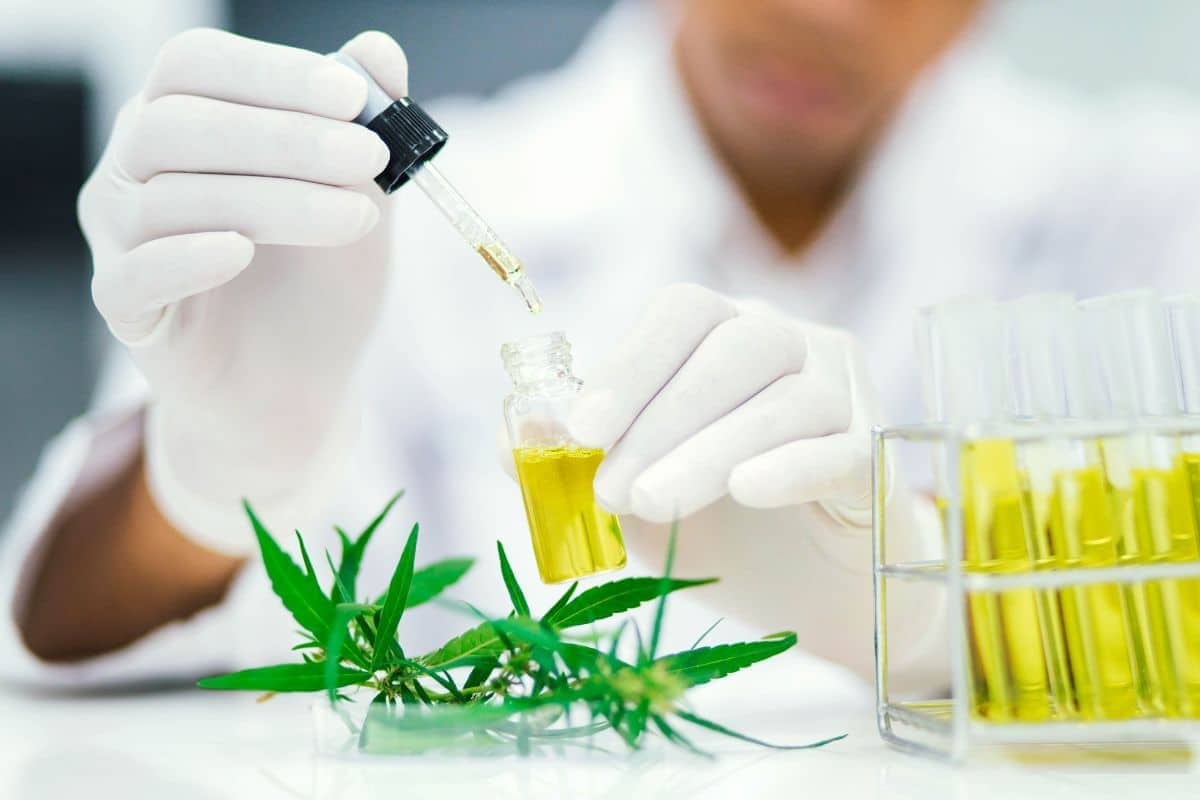
Implications for Drug Testing
HHC, or hexahydrocannabinols, are a group of cannabinoids found in the cannabis plant. While they share similarities with the well-known cannabinoids, such as THC and CBD, HHC is differentiated by its unique molecular structure. As HHC gains popularity, many individuals might be concerned about the implications of its use on drug testing.
Standard drug tests, such as urine or blood tests, typically screen for the presence of THC and its metabolites. HHC, despite being chemically distinct, might produce similar metabolites that could trigger a positive result in these tests. However, the likelihood of a false positive would depend on the sensitivity and specificity of the test used.
In the case of HHC gummies, it is essential to exercise caution, as some products might also contain trace amounts of THC. Consuming these products before undergoing a drug test could potentially lead to a positive result. HHC users should consider this possibility when deciding to use these products, especially if they anticipate being subjected to drug tests in the near future1.
Although HHC may not show up on a standard drug test, the possibility of cross-reactivity or ingestion of THC-containing products should be taken into account. Consequently, it is crucial for individuals considering HHC usage to be aware of the potential implications for drug testing and make informed choices accordingly.
Frequently Asked Questions
Is HHC safe to vape?
HHC, or hexahydrocannabinol, is a relatively new and lesser-known compound found in the cannabis plant. As with any substance, it’s crucial to do thorough research and ensure that it’s safe for consumption. There isn’t much information on the safety of vaping HHC available at present; as such, it’s essential to exercise caution and consult with a healthcare professional if you’re considering trying HHC in this form.
What are the side effects of HHC?
Given that HHC is a relatively new compound, the full extent of its side effects remains unclear. However, it’s important to note that it may share some side effects typical of cannabinoids like THC and CBD, such as dry mouth, drowsiness, or lightheadedness. As more research is conducted on HHC, we’ll gain a better understanding of its side effects and potential risks. It’s recommended to consult a healthcare professional before using any new substances, including HHC.
How does HHC compare to CBD?
HHC and CBD are both cannabinoids found in the cannabis plant, but they exhibit different properties. CBD is known for its non-psychoactive effects and potential therapeutic benefits, whereas HHC has been reported to have psychoactive properties similar to THC. This means that HHC may produce a “high” effect, unlike CBD. Research into HHC is still in its early stages, so comparisons between the two compounds may change as more information becomes available.
How is HHC made?
HHC is a naturally occurring cannabinoid found in the cannabis plant. However, its concentration is typically low in most cannabis strains. To obtain higher concentrations of HHC, it can be synthesized from other cannabinoids like CBD through a series of chemical reactions. This process allows for increased HHC production, making it more readily available for consumers and researchers alike.
Can HHC cause a failed drug test?
It’s difficult to say with certainty whether HHC will result in a failed drug test. Many drug tests screen for THC, the primary psychoactive compound in cannabis, and its metabolites. Since HHC shares some similarities with THC, it’s possible that it may produce a false positive in drug tests. However, more research is needed to understand this fully. It’s essential to exercise caution and be aware of the potential risk when using HHC, particularly if you’re subject to drug testing.
What are the effects of HHC gummies?
HHC gummies, like other HHC products, are thought to produce psychoactive effects similar to those of THC. Users may experience a “high” sensation, along with potential relaxation or mood-enhancing effects. However, it’s important to remember that individual experiences can vary widely. As with any cannabis product, it’s recommended that users start with a low dose and gradually increase to find their ideal comfort level while monitoring for potential side effects or adverse reactions.

